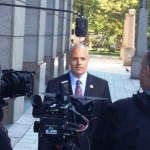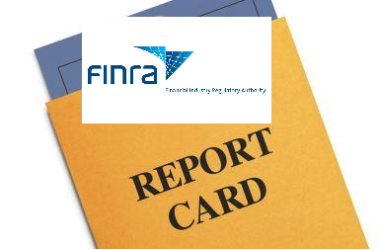
May 16 2016 marks the beginning of what could be an avalanche of private equity offerings promoted via the web, and there is is an opening for broker-dealers now that equity crowdfunding is formally approved by the US SEC. It’s all thanks to the JOBS Act and SEC Regulation Crowdfund, which totals 685 pages of rules to live by for those in the U.S. Equity Crowdfunding space, including brokers and marketers working with entrepreneurs and startups that are seeking to raise money for their initiatives.

When it comes to preparing for today’s “May Day for Crowdfunding”, few have worked harder than the founders of legal document service provider iDisclose.com, which is led by co-founder and CEO Georgia Quinn, a glass-wall breaking securities attorney who has become a leading expert in the domain of documentation for private securities offerings and equity crowdfunding. Adding further credibility to Ms. Quinn’s stature within the space, she is Of Counsel to New York-based business and securities law firm Ellenoff Grossman & Schole LLP. That firm’s ‘name partner’, Douglass Ellenoff, Jr is also the co-founder of iDisclose.com.
While a steadily-increasing number of regulators in Europe and other regions have already embraced equity crowdfunding (led by the U.K. based on number of platforms and deal offerings), it has taken several years since the passage of the JOBS Act in the United States for regulators to actually establish the proper goal posts for this playing field. This several-years-in-the-making planning stage, during which the U.S. Securities and Exchange Commission has been fine-tuning the regulatory regime in which private placement offerings can be ‘advertised and promoted’ to individual investors without the friction long-associated with private offerings available only to institutional and ultra high net worth investors has included the creation of a cottage industry of service providers. Now that the advance planning for a piece of the equity crowdfunding pie has run its course and Monday May 16 is when the curtain will launch, it’s now “Ready, Fire, Aim” time. Or, to hijack another adage, “Let The Games Begin!” With that, few service providers have worked harder or longer in gearing up for “May Day for Crowdfunding” than iDisclose.com.
To read the entire story from RaiseMoney.com, click here





